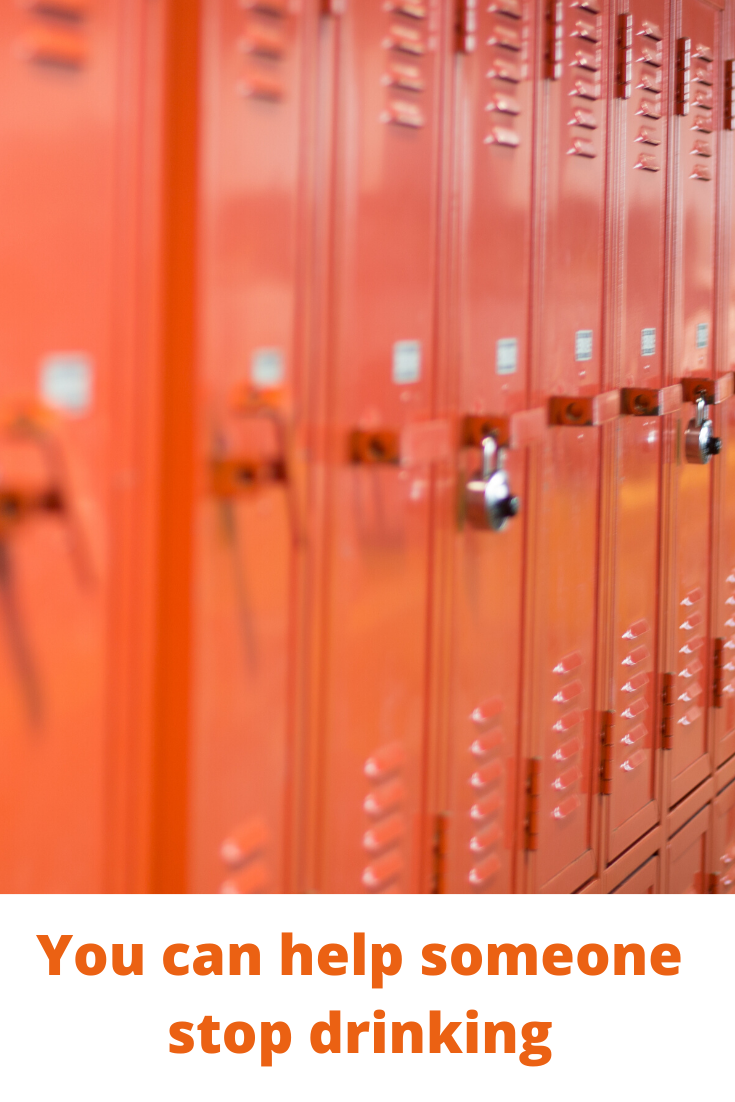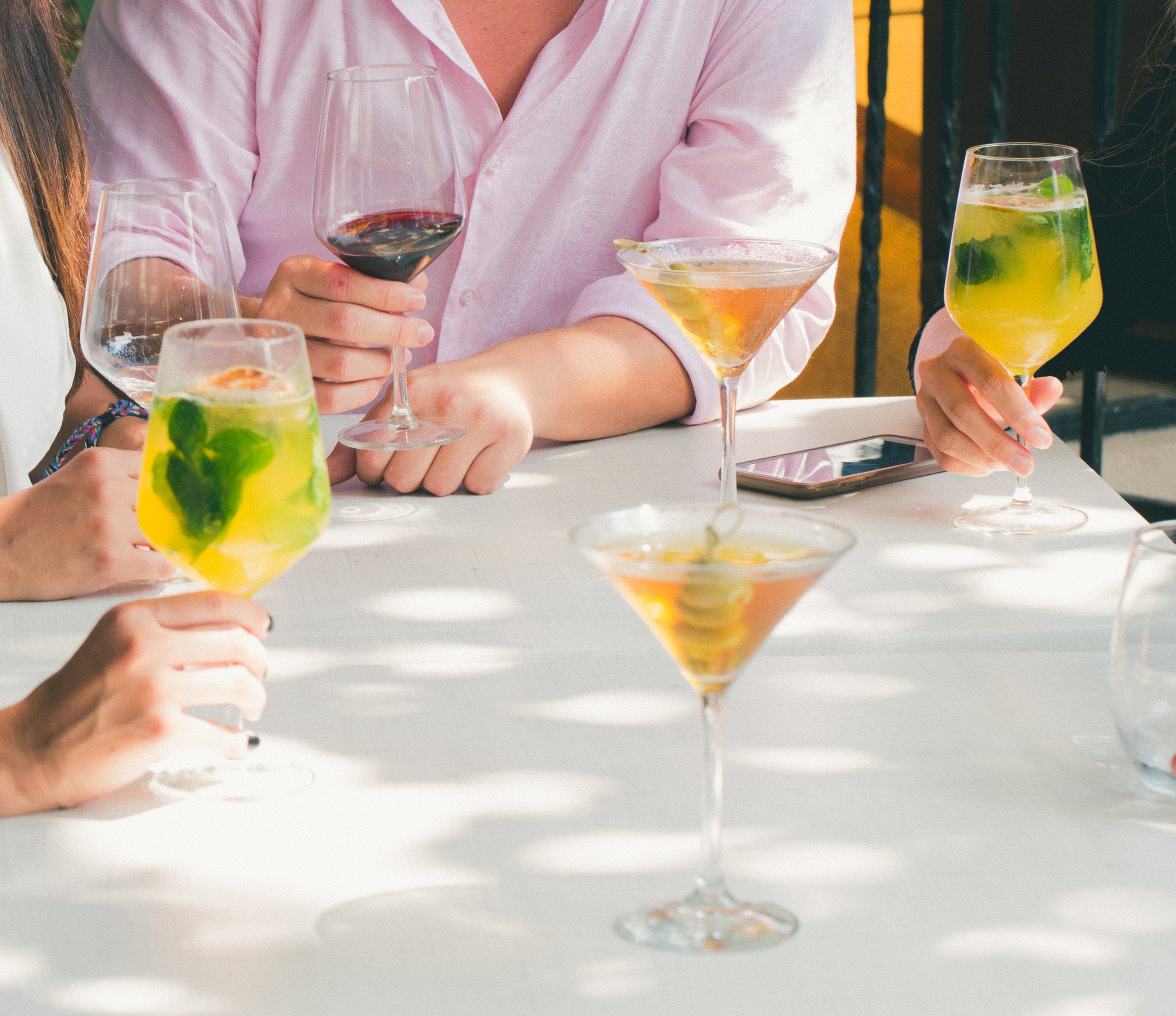One of the common misconceptions we worry about in the alcohol addiction space is that “you can’t help an addict; they have to decide to change on their own.”
The second part of that statement may be true; people who are internally motivated are more likely to be successful with quitting drinking.
But the first part is not, and evidence for that came out of a Yale study this week. The study appears to be sound, based on data from over 2500 participants over seven years.
The findings were that if 12th grade teens knew that their parents disapproved of them drinking and were monitoring them for signs of drinking, they were less likely to do some of the riskiest behaviors associated with drinking even years after they went to college:
Driving drunk
Riding with a drunk driver
Blacking out
Now, the study didn’t get terribly specific about the method for helping teenagers become aware of their parents’ disapproval and monitoring of their alcohol use. But we have to imagine treating them with respect and sharing candidly with them your informed reasons for disapproving would work well.
If you’re looking to cut back or quit drinking, we’d love to help. Drinker’s Helper is an app that provides motivational exercises (like those about anxiety and depression), drink tracking and insights into why you drink, and a support group of your peers to help you make needed changes. Try it free for a week before joining!





